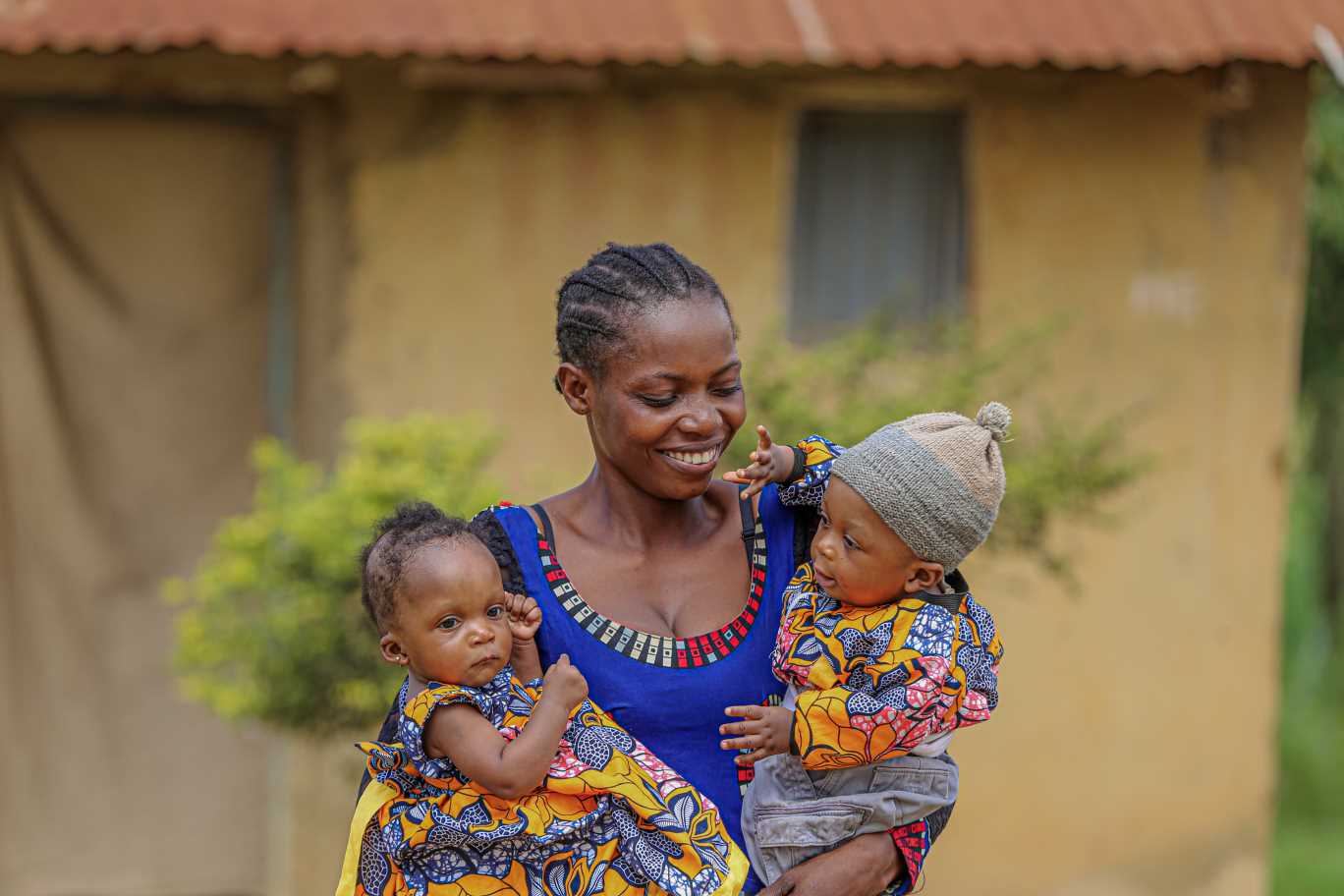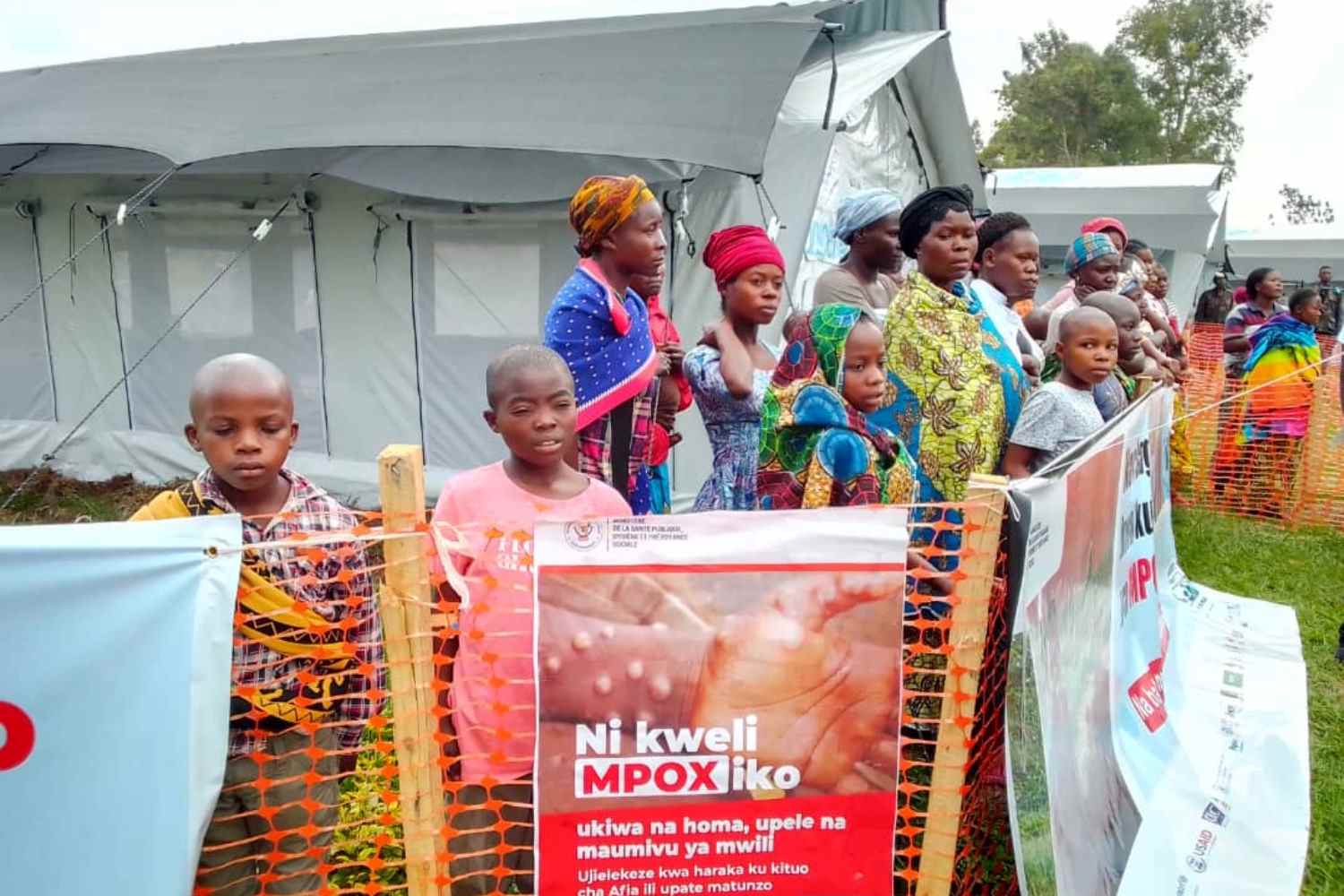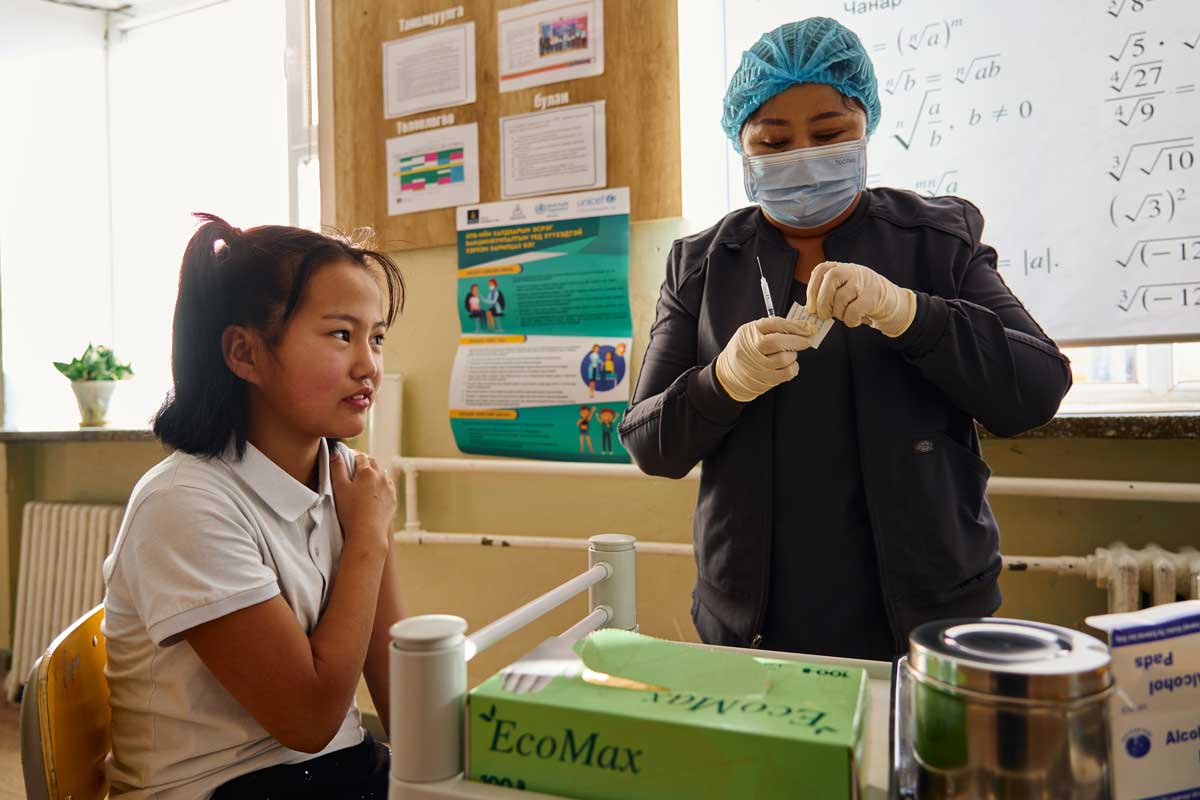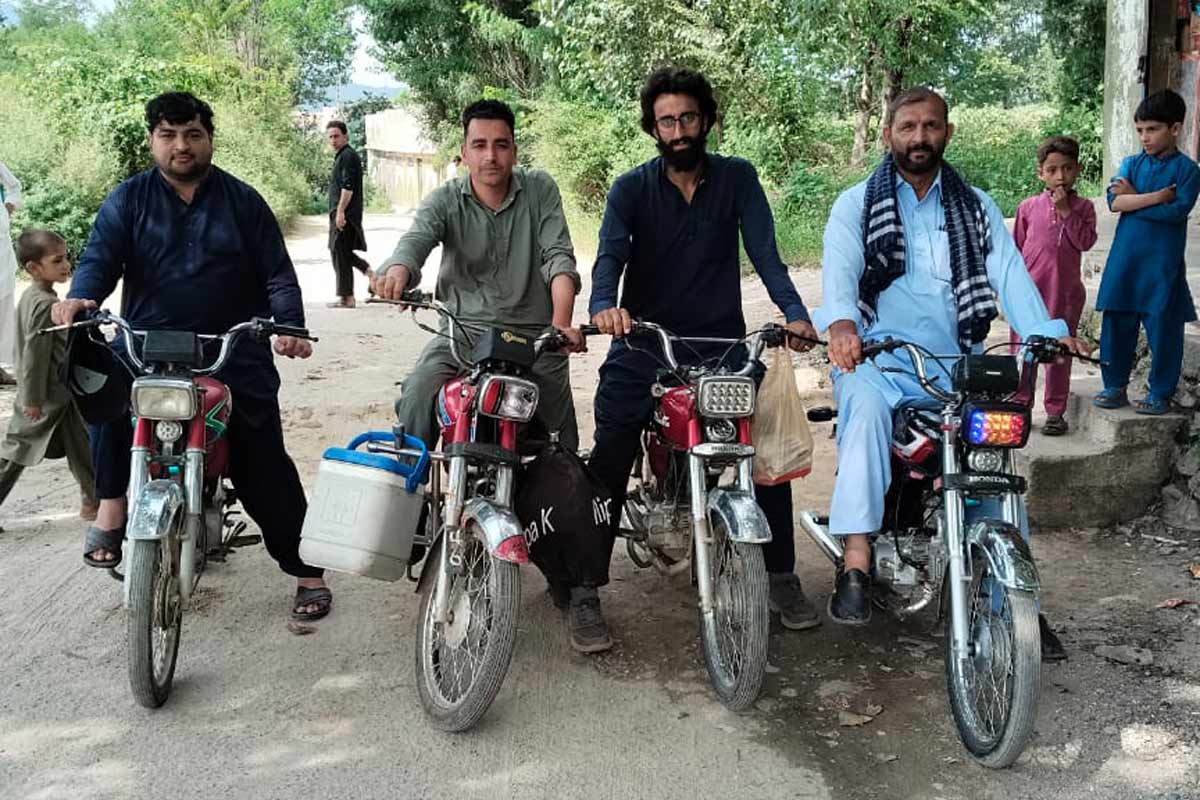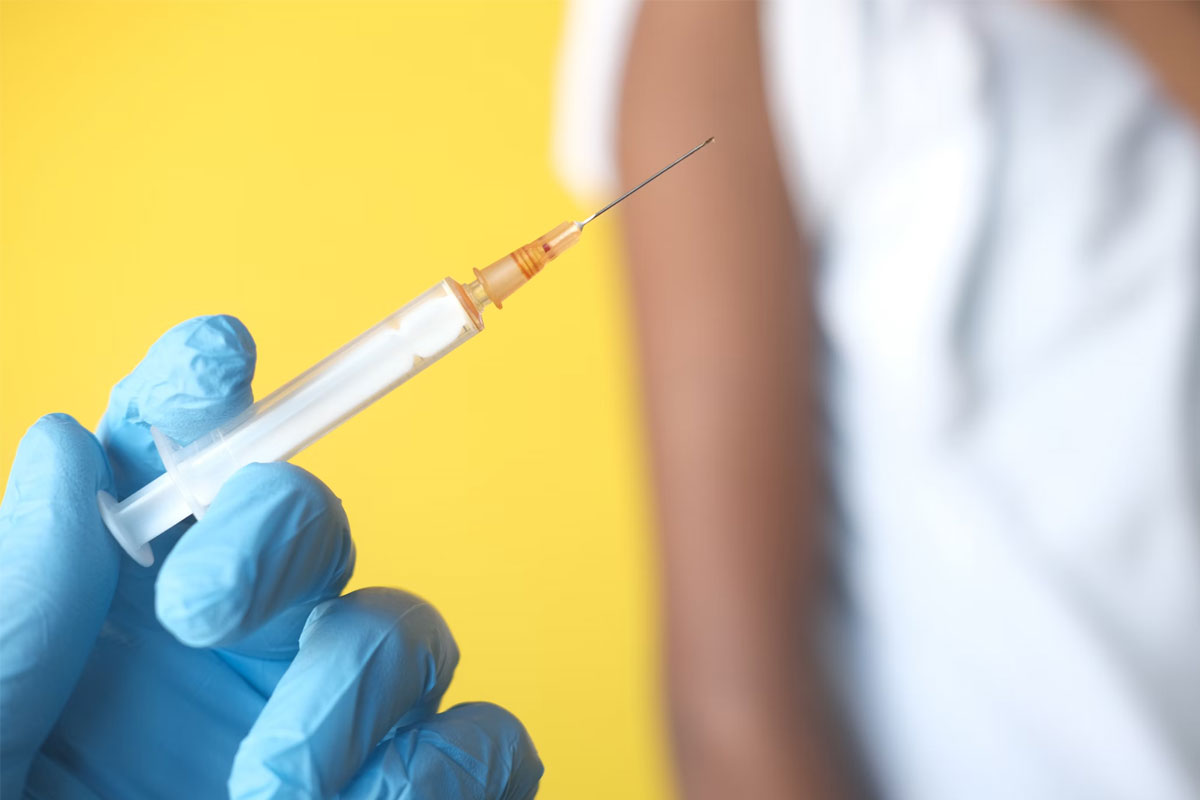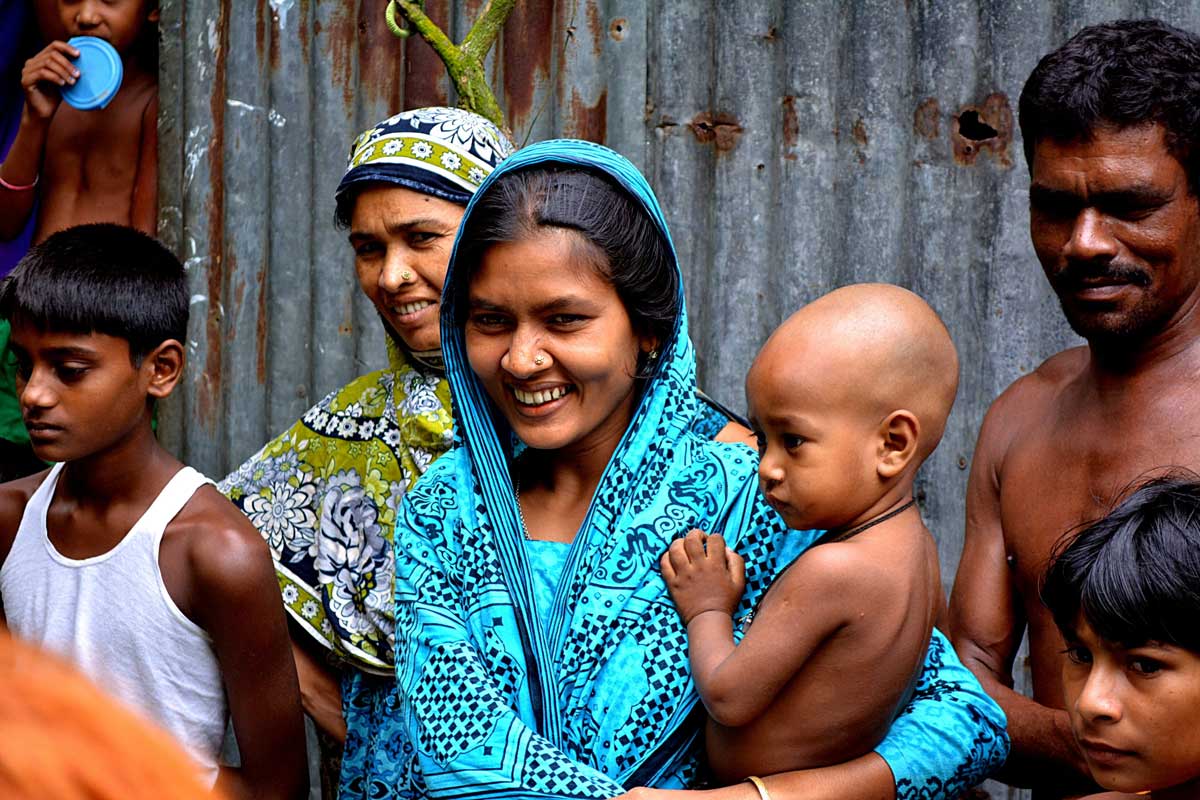South Kivu: the epicentre of mpox's resurgence in the DRC
Anxiety is widespread in Uvira, eastern Democratic Republic of the Congo, as the local hospital continues to admit new mpox cases.
- 20 August 2024
- 5 min read
- by Patrick Kahondwa
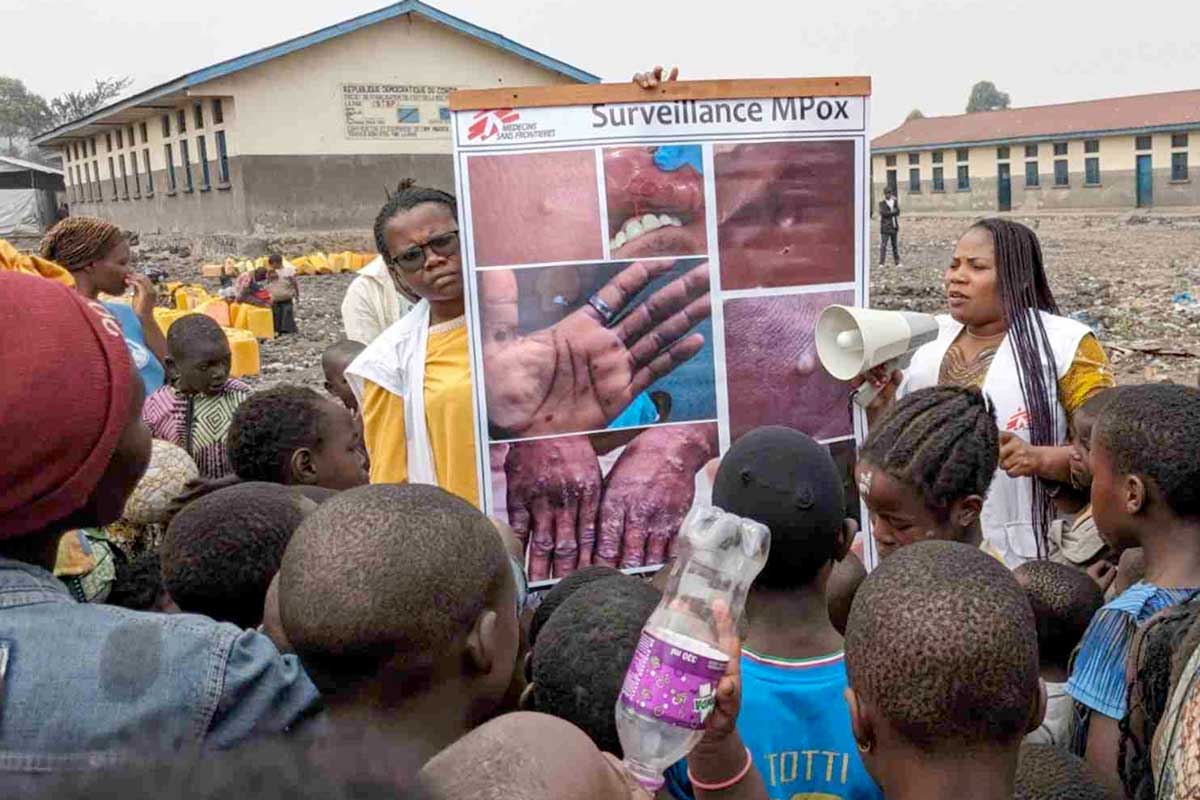
Although endemic to the Democratic Republic of the Congo (DRC), mpox has seen a significant and alarming rise over the past two years, now affecting all of the country’s provinces.
South Kivu is among the most severely impacted. The general hospital in Uvira, for example, continues to receive new patients every week. By 09:00, the hospital is bustling with activity. Jolie Martha, a concerned mother, has brought her child in for inpatient care.
“I’m here because my child contracted the mpox virus. I noticed he was crying a lot and wasn’t eating. When he did eat a little, he would vomit shortly after. There are many of us at home, and no one else had the disease. We heard that the hospital provides free treatment, so we came here. It’s been a week now, and my child’s condition is improving,” she says.
Amina Germaine, another patient, initially didn't realise she had contracted the disease. "At first, I had a high fever and thought it was malaria. But then, spots appeared all over my body. That’s when I went to the hospital and received free treatment."
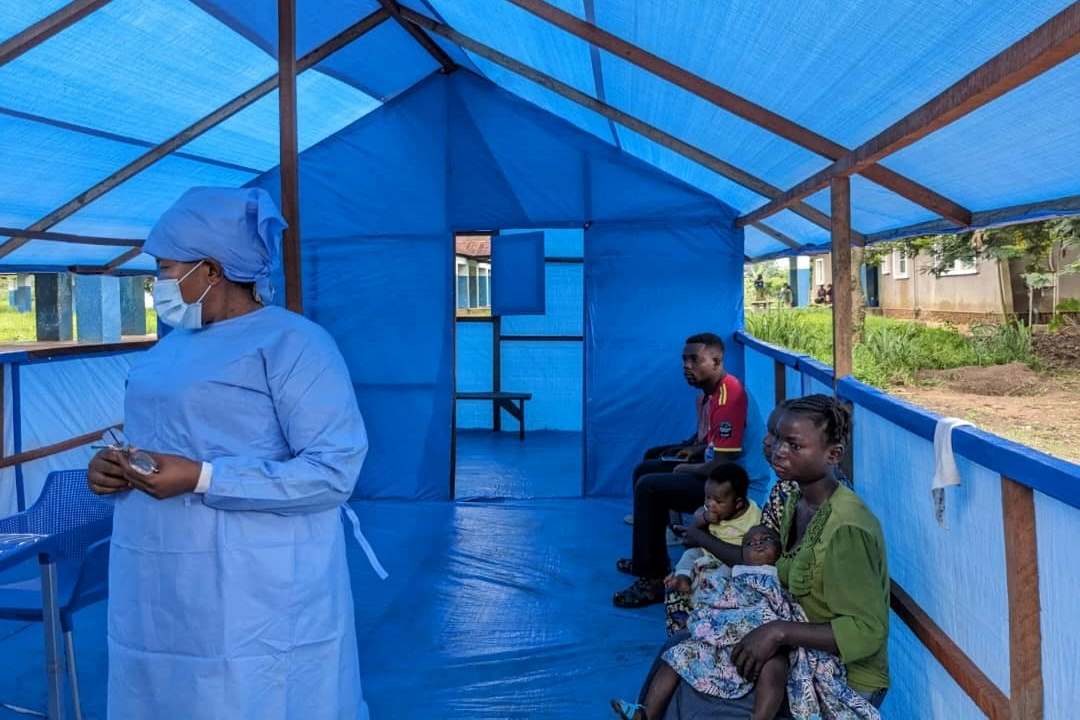
Patrick Tegesha, another patient, recounts his ordeal: "I used to regularly bring my sick brother to the hospital. Eventually, I started experiencing a fever and headaches myself. My family was extremely worried when I caught the disease. But today, I’m feeling much better, thanks to God and the medication."
In the streets of Uvira, anxiety is widespread. Musimbwa, a local resident, shares her concerns: "I’m really scared of this disease. We must protect ourselves. When I saw pictures of people who were sick, I was terrified. We’ll keep spreading awareness to help limit its spread."
“At first, I had a high fever and thought it was malaria. But then, spots appeared all over my body. That’s when I went to the hospital and received free treatment.”
- Amina Germaine, mpox patient
According to Médecins Sans Frontières (MSF), anxieties surrounding the virus are intensified by misconceptions that link the disease to mystical beliefs, or beliefs in witchcraft. This hinders adherence to public health measures, making it harder to combat the epidemic.
Armed conflicts fuel viral spread
Goma, the capital of the neighbouring North Kivu province, is nearly encircled by armed rebellion. In this city, hundreds of thousands of displaced people are packed into makeshift camps, where overcrowded conditions heighten fears of a large-scale outbreak.
Dr Louis Albert Massing, MSF's medical coordinator in the DRC, emphasises the alarming acceleration of the epidemic. “A genetic mutation has been identified in South Kivu, leading to months of continuous human-to-human transmission. This had not yet been observed with the Congo Basin strain, unlike the West African strain, which was responsible for the global outbreak in 2022. Another major concern is the spread of the disease in the displaced persons' camps around Goma, where the extreme population density makes the situation critical."
Have you read?
In response to the outbreak, the Uvira health zone has established a specialised facility for patient care. Dr Panzu Nimi, the chief medical officer of the zone, explains: “We have set up a coordinated response structure with several key pillars, supported by our partners. A dedicated mpox treatment centre has been established at Uvira Hospital, where healthcare providers are following the treatment protocols set out by the Ministry of Health.”
“Since mid-June, our team has been assisting the Uvira health zone in South Kivu. We are treating severe cases in an isolation centre at the Uvira General Referral Hospital. Additionally, we monitor mild and moderate cases on an outpatient basis and isolate suspected cases. Our teams are also training medical staff and engaging in infection control and community awareness-raising,” elaborates Dr Massing.
“Many people are still unaware of this disease, which is why we run awareness campaigns through the media, word-of-mouth in public places, and enlist opinion leaders to spread the message.”
- Civil society campaigner, anonymous
But access to urgent care remains limited, and case identification needs to be strengthened, health care workers on the ground say. Vaccines, globally scarce, are not yet in use in the DRC outbreak, though organisations including Gavi, the Vaccine Alliance and the World Health Organization (WHO) have initiated steps to speed towards a roll-out.
Raising awareness: the vital role of civil society
Civil society has stepped up to aid the fight against this epidemic, conducting daily awareness campaigns to educate the public on prevention methods. “Many people are still unaware of this disease, which is why we run awareness campaigns through the media, word-of-mouth in public places, and enlist opinion leaders to spread the message,” explains a member of a local organisation.
The Congolese Minister of Health, Samuel-Roger Kamba, has reported that the DRC has recorded 15,664 suspected cases and 548 deaths since the start of the year, according to the latest epidemiological report released on August 15, 2024. Just days earlier, the WHO had activated its highest level of international alert in response to the resurgence of mpox cases in Africa. Africa CDC, the African Union's public health agency, also declared a state of "public health emergency."
Also spreading in West Africa, particularly in Côte d'Ivoire, the mpox epidemic is now spreading beyond African borders. On August 15, the WHO reported the first case in Sweden, warning that more imported cases are likely to surface in Europe. The following day, Pakistan confirmed its first case involving a traveller from the Gulf, while China responded by tightening border controls for people and goods coming from affected countries.
A swift and coordinated response is crucial to managing the surge in mpox cases. The mobilisation of health authorities, civil society and international partners is essential to containing the outbreak and protecting the most vulnerable populations.
This article was translated from the original French. To view the original click here.
